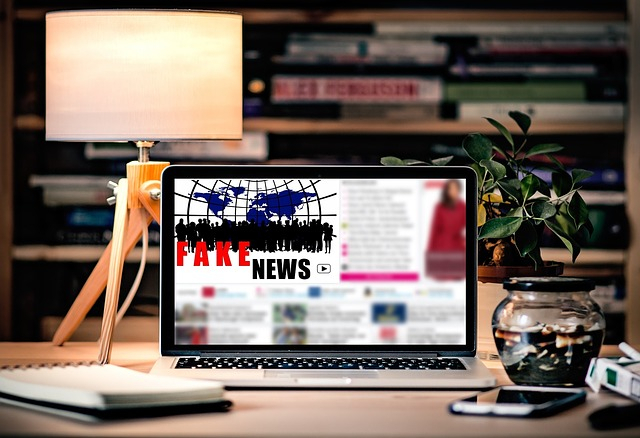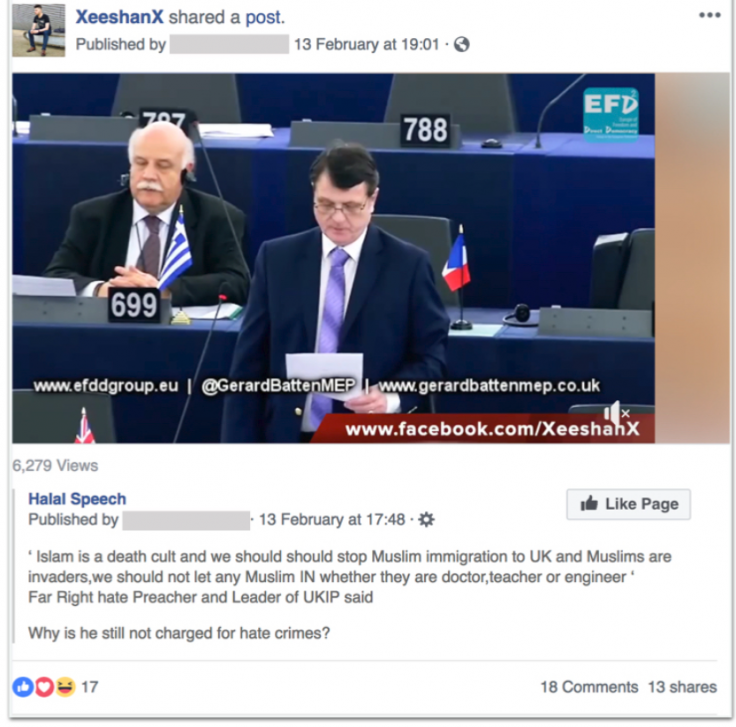
The social media giant, Facebook, which faced so many hurdles recently after the Cambridge Analytica scandal, has removed more than 130 accounts, including pages and groups that were related to the UK-based misinformation network. Similar operations also found in Romania.
The company said that this is the first time Facebook had taken a strong step ahead to take down the UK-based misleading group targeting messages at British citizens. They also said that this group created pages posing far-right outlets as well as anti-fascist activists.
The US-based company said in a post, published on Thursday, March 7 that "Today we removed 137 Facebook and Instagram accounts, Pages and Groups for engaging in coordinated inauthentic behaviour as part of a domestic-focused network in the UK."
The individuals, who created those fake accounts were aiming to "engage in hate speech and spread divisive comments on both sides of the political debate in the UK."
It also added that these suspicious account holders frequently posted local and political news including sensitive topics like immigration, free speech, racism, LGBT issues, far-right politics, issues between India and Pakistan and religious beliefs including Islam and Christianity. They shared the findings with law enforcement and government.
Their findings also showed that these groups gained huge followers by setting creating innocent-look like page and groups. But, later the admins of these groups and pages renamed them and started to post politically-motivated content.
"We identified these accounts and Pages through an internal investigation into UK-linked coordinated inauthentic behaviour. Our assessment benefited from reporting by UK law enforcement. We have shared information about our analysis back with law enforcement, policymakers in the UK, and our industry partners," said Facebook.
British politician and MP Damian Collins stated in a Tweet that what Facebook has done, it was the "tip of the iceberg."
Here are the details of the findings:
- Presence on Facebook and Instagram: 23 Pages, 74 Facebook accounts, 5 Groups, and 35 Instagram accounts.
- Followers: About 175,000 accounts followed one or more of these Pages, and around 4,500 accounts followed one or more of these Instagram accounts.
- Advertising: Around $1,500 in spending for ads on Facebook paid for in US dollars and GB pounds. The first advertisement ran in December 2013, and the most recent ad ran in October 2018. We have not completed a review of the organic content coming from these accounts.



Facebook removed 31 Facebook Pages, Groups, and accounts for engaging in coordinated inauthentic behaviour as part of a network which was operated in Romania. The investigation revealed that these include fake accounts as well as some authentic accounts which the company addressed as highly misleading.
"The Page admins and account owners typically posted about local news and political issues, including partisan news under fictitious bylines in support of the Social Democratic Party (PSD). They also shared divisive narratives and promoted content hosted by several domains that present themselves as news sites," said Facebook.
Despite the fact that the operators of these accounts tried to safeguard their identities, the investigators found that some of this activity was linked to an individual, who is associated with the PSD.
Here are the details of the findings:
- Presence on Facebook and Instagram: 4 Pages, 26 Facebook accounts, and 1 Group.
- Followers: About 1,550 Facebook accounts followed one or more of these Pages.
- Advertising: Around $650 in spending for ads on Facebook paid for in USD, EUR, and Romanian Leu. The first advertisement ran in December 2013, and the most recent ad ran in February 2019. We have not completed a review of the organic content coming from these accounts.












